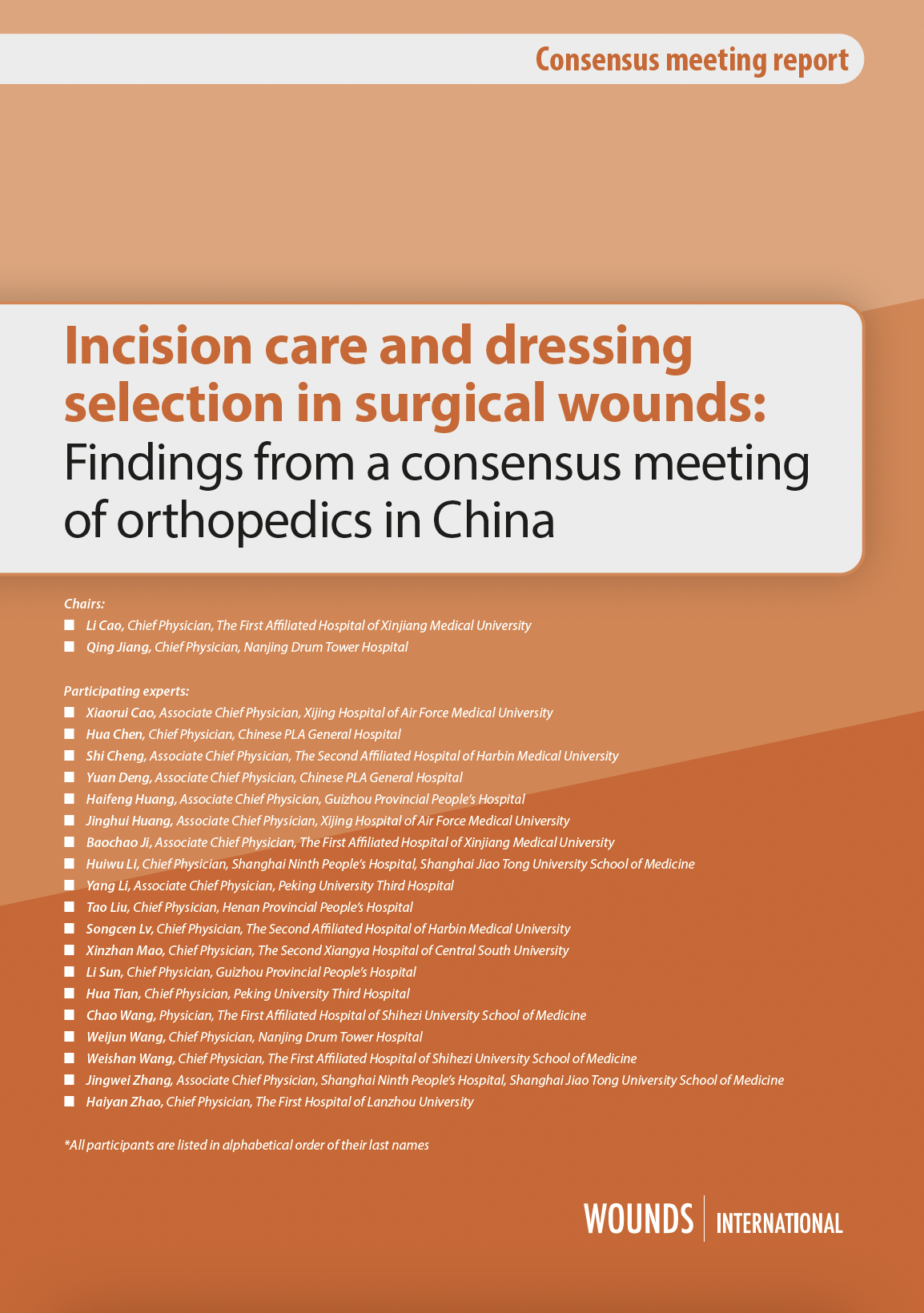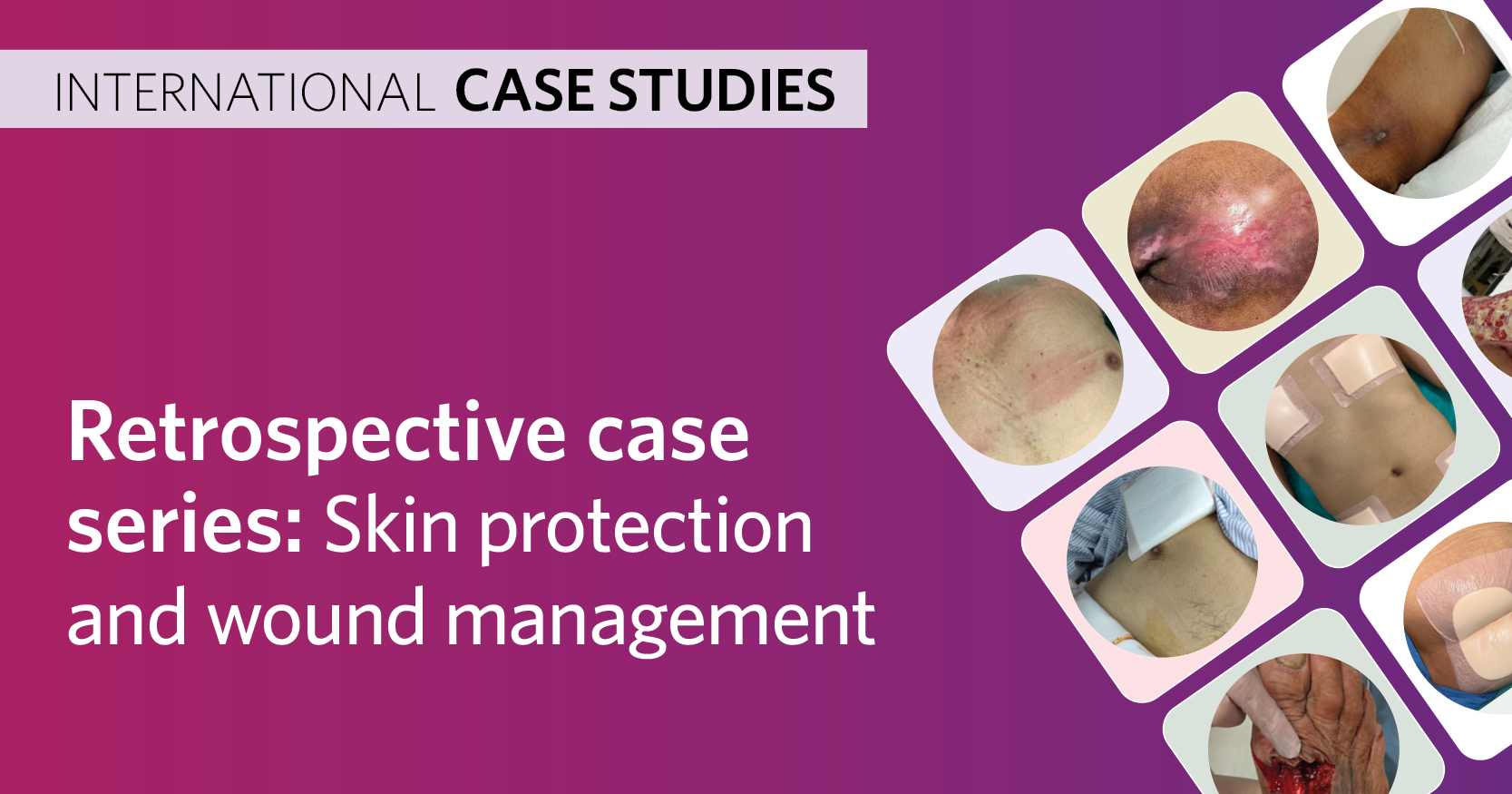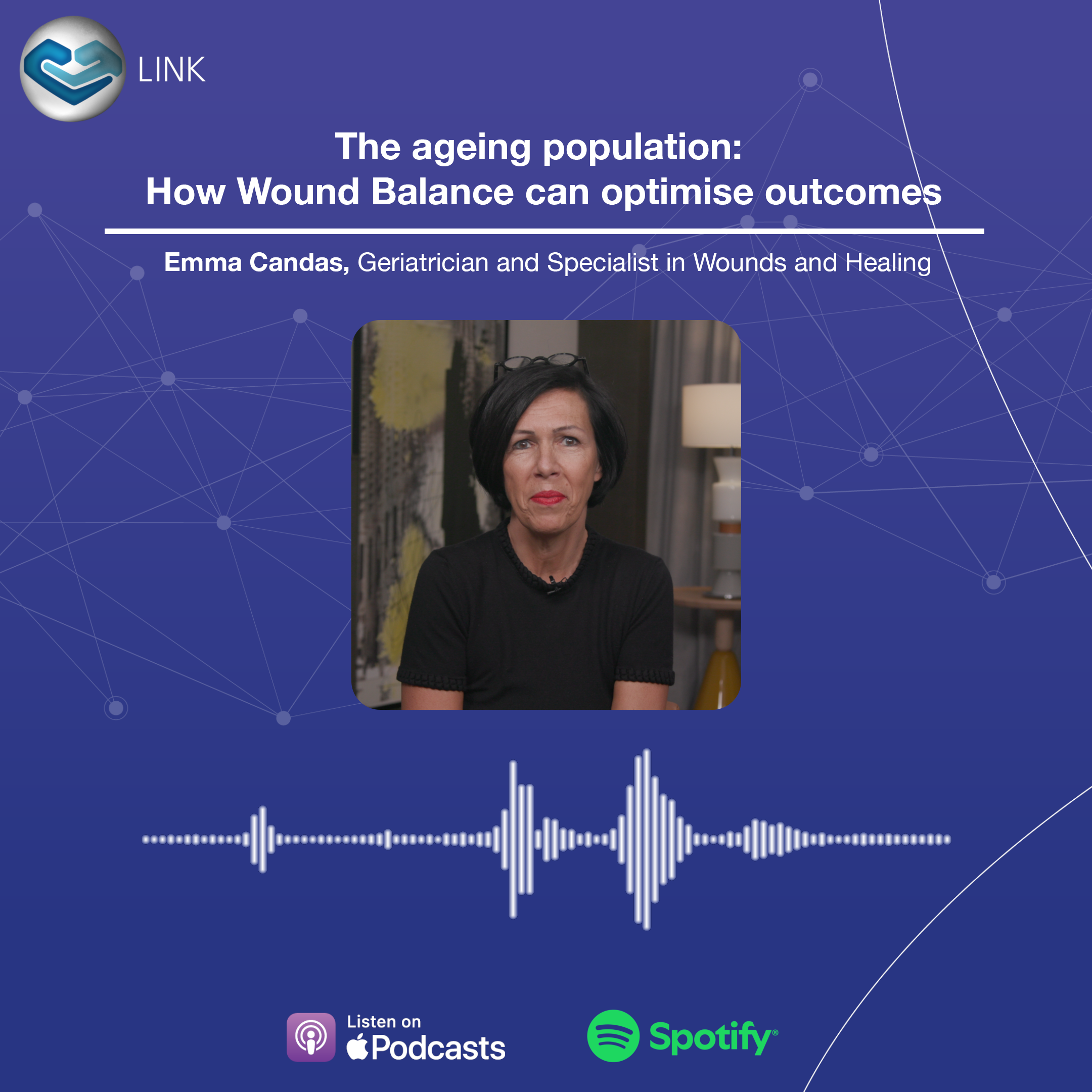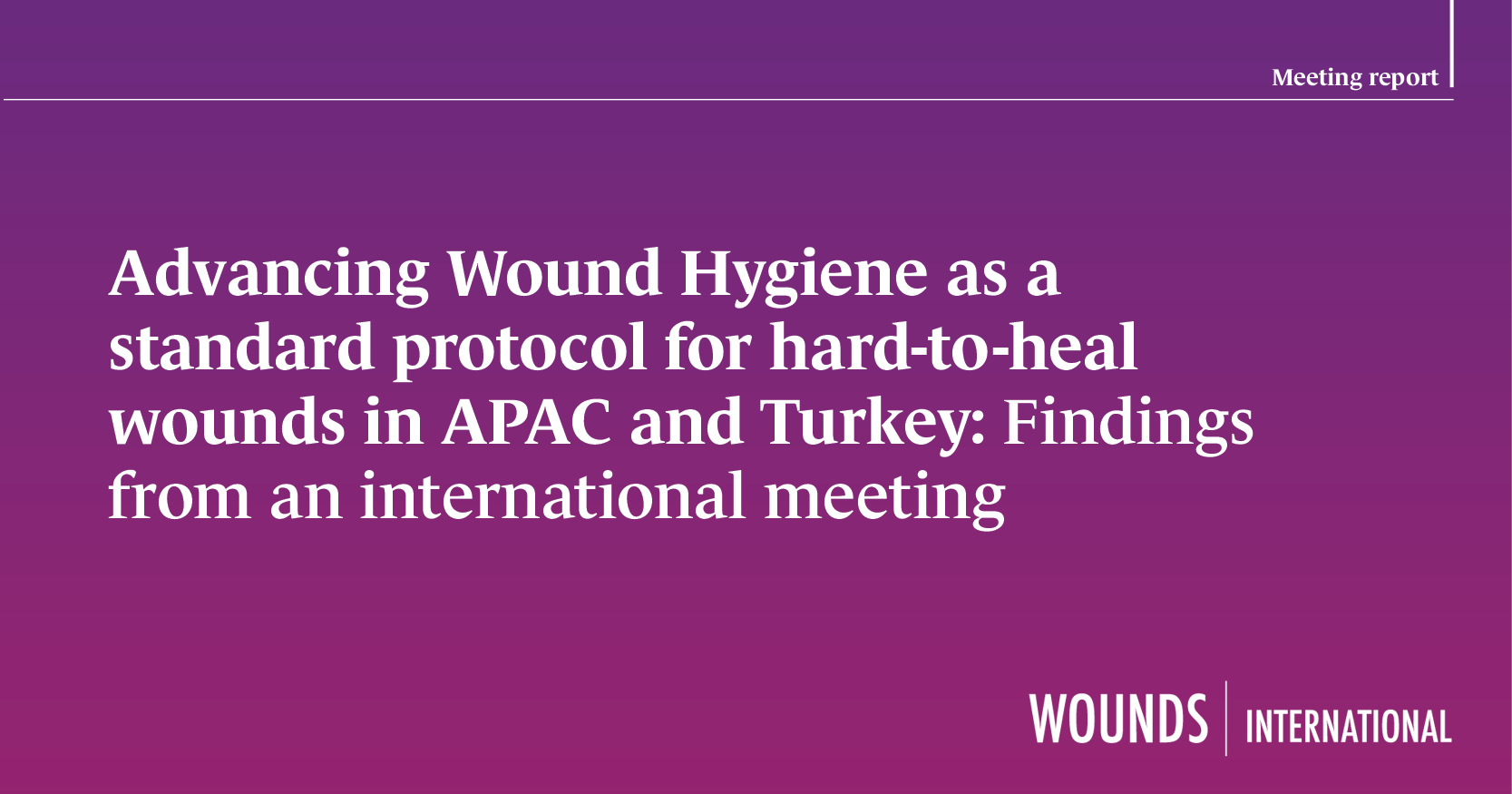<p>Background: This article is the second arising from a literature review conducted as part of the development process for International Classification of Functioning, Disability and Health (ICF) Core Sets for lymphoedema. In the first article, meaningful concepts in lymphoedema-specific questionnaires were explored.</p>n<p>Aim: To compare and analyse categories of the World Health Organization’s ICF linked to meaningful concepts within studies focusing on lymphoedema with ICF categories linked to concepts derived from lymphoedema-specific questionnaires in the earlier study.</p>n<p>Methods: Electronic searches of Medline, EMBASE, CINAHL, CENtral, and Pedro (2005–2010) were conducted. Meaningful concepts were retrieved from the included studiesand linked to the ICF, and these were compared with the codes given to concepts derived from lymphoedema-specific questionnaires.</p>n<p>Results: A total of 2381 studies were retrieved and, after reading the abstracts, 149 articles were included, of which 136 articles remained after reading the full text . Based on saturation in the detection of new concepts concerning upper-limb lymphoedema, 54 publications were excluded. Publications about combinations of regions were also excluded, resulting in the inclusion of 34 studies for upper-limb lymphoedema, 34 for lower-limb lymphoedema and five for midline lymphoedema (<em>n</em>=73). A total of 2488 concepts were extracted, of which 2269 (91.2%) could be linked to ICF categories.</p>n<p>Conclusion: Studies of lymphoedema show a greater variety of meaningful concepts and ICF categories than do questionnaires, although the most frequently found ICF categories in studies and questionnaires are similar. The two methods complement each other and can be used together to produce more data than can be obtained through the use of either method alone. There is a need for lymphoedema-specific questionnaires concerning midline lymphoedema, and existing questionnaires should be adapted.</p>




